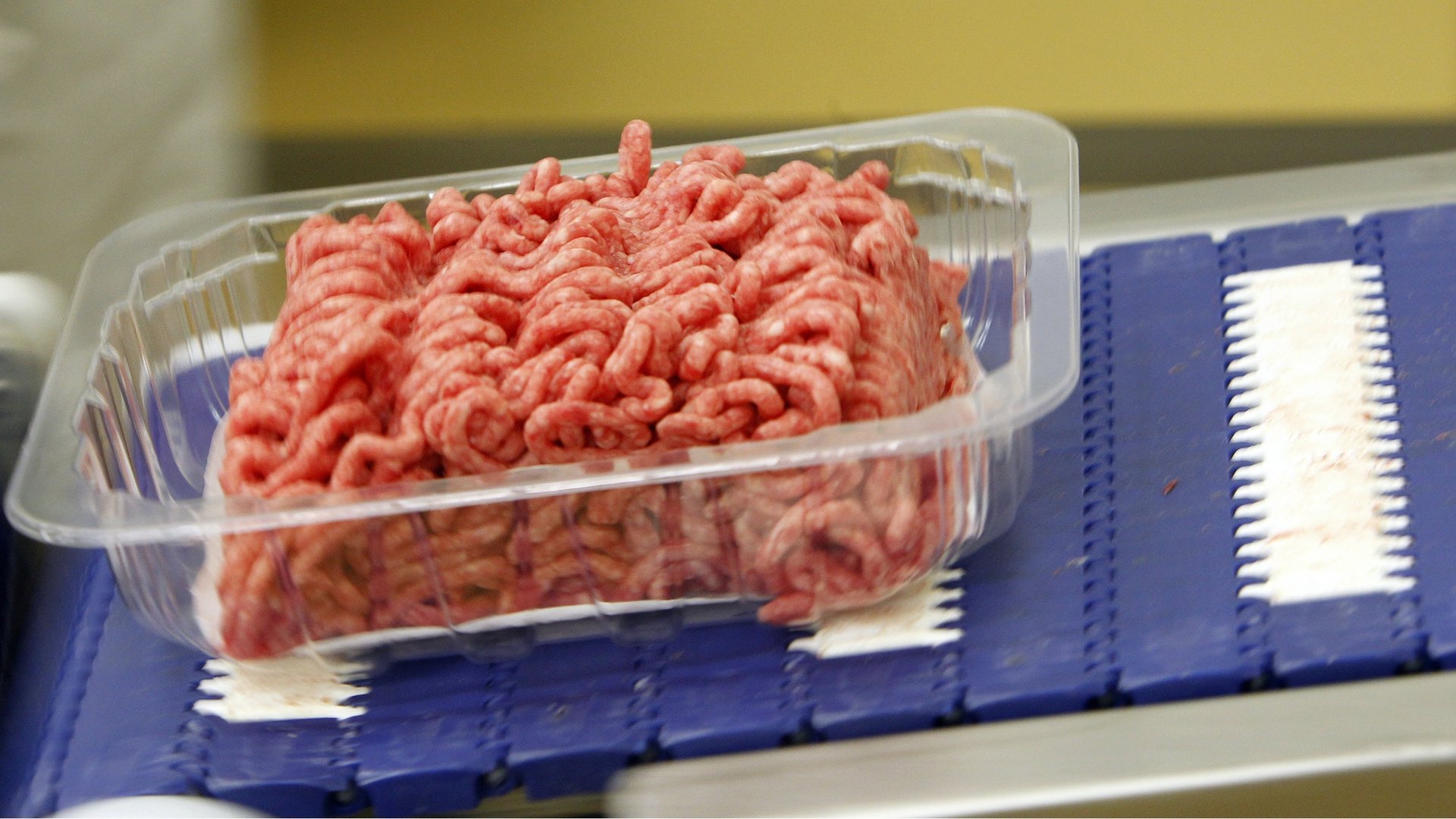The largest defamation case in US history has begun—it involves pink slime
Pink slime. It made headlines in 2012 and now it’s back—the centerpiece of a $5.7-billion defamation lawsuit pitting ABC News against the beef industry.


Pink slime. It made headlines in 2012 and now it’s back—the centerpiece of a $5.7-billion defamation lawsuit pitting ABC News against the beef industry.
The formal name used by the industry for pink slime is “lean, finely textured beef,” but as ABC News reported in 2012, the substance that’s found in about 70% of US beef was actually comprised of “beef trimmings that were once used only in dog food and cooking oil, now sprayed with ammonia to make them safe to eat, and then added to most beef as a cheaper filler.” The reports were based on two whistleblowers who had served as US Department of Agriculture meat inspectors.
In a trial that begins today (June 5) in Elk Point, South Dakota, Beef Products Inc. will make the case that reporting errors and omissions in a series of reports by ABC News on so-called ‘pink slime’ created a panic that resulted in the company having to close three of its four processing plants, and sparked a revenue drop of more than 80%.
The beef company must convince a jury that ABC News intended to harm the company in its reporting, or that it knowingly reported false information. For its part, ABC News has denied any wrongdoing. The $5.7 billion sought by the company would be the largest defamation award issued in the US in a food-related case.
The US Department of Agriculture allows the use of pink slime in ground-beef products, even as other countries around the globe have banned meat that contains the substance, due to the presence of ammonia. Those countries include Canada and the member nations of the European Union.
The case marks the second time in nearly two decades that the beef industry has been at loggerheads with a major media company. In 1998, Texas cattlemen took Oprah Winfrey to court for defamation, accusing the then-popular daytime talk show host of intending to hurt the industry when she expressed on-air concerns about eating beef products in the midst of Great Britain’s mad-cow disease crisis. The industry lost that case.